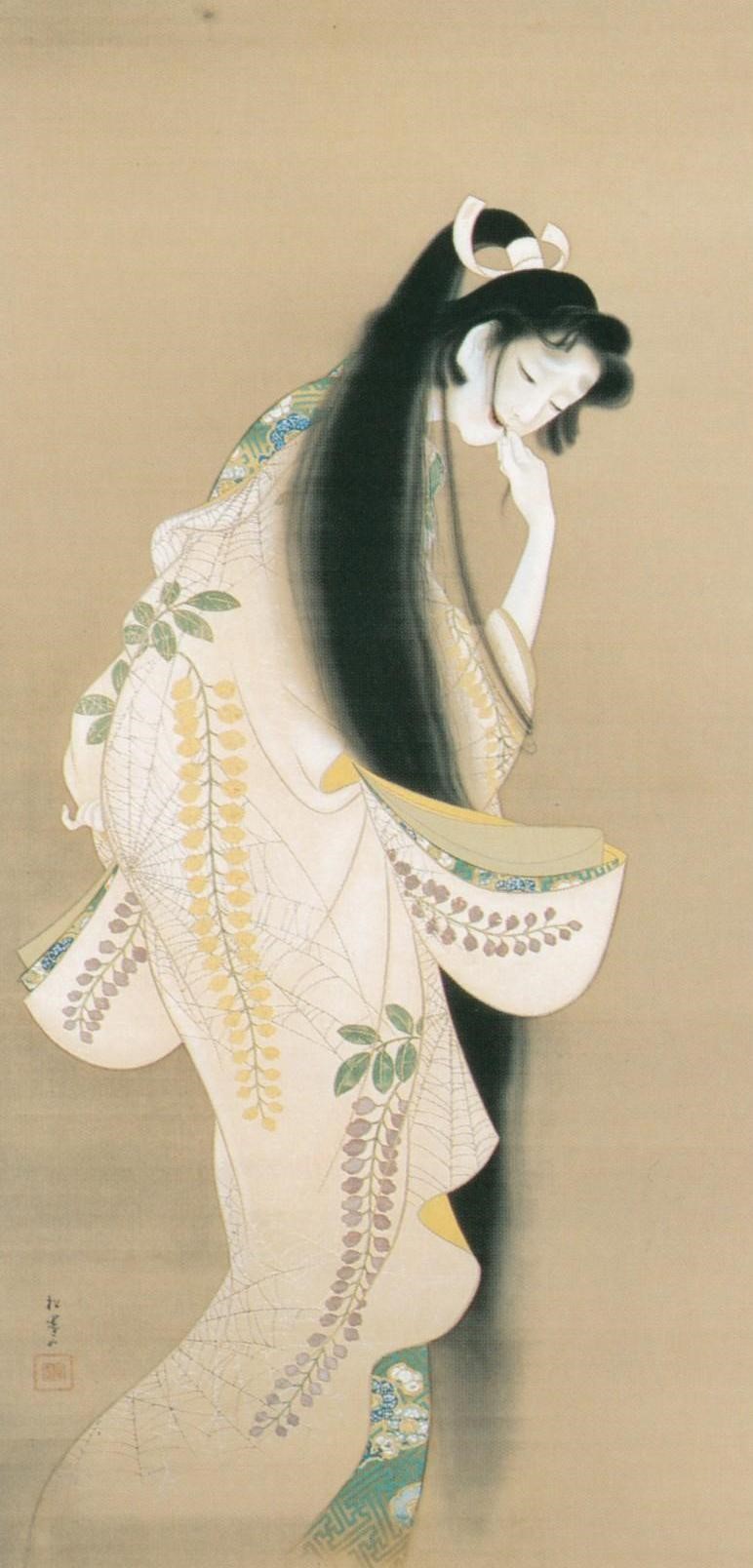Part I
Zen Prelude
There are only two ways to live your life.
One is as if nothing is a miracle.
The other is as if everything is a miracle.
~ Albert Einstein
The Path to Zen
I first began thinking consciously about the flow of musical energy separated from its emotional wrappings and entrapments when I was eighteen. Struggling with the dense, complex counterpoint of Bach’s passionate C-minor Partita, it occurred to me that an interpretation is not a man-made structure that can be built up – it’s a pre-existent eternal form, a sculpture longing to be freed from a rough slab of marble.
It was a small epiphany for my young self. I was the one keeping the music from escaping its encasement. My own energy was working against that of the music, blocking it, negating it. If I freed myself of my own will and allowed myself to follow the energy of the music, as if accompanying, it would speak and dance and sing of its own accord. If I could disappear, it would take over — I would be a mere vessel of eternal gestures.
I became sensitive to blocks of energy, walls in my mind killing the line, separating one gesture from the next, and I began a process of eliminating excess thought, like clearing cobwebs. The fields of energy beneath the emotions of musical expression began to be visible as arching lines of energy. Slowly, Bach’s lines began to sing out uninhibited. ~ zen flowed ~
My road to zen started however much earlier. I remember once at around the age of nine or ten spending a solid four hours after school on the couch in the living room staring at my hand, trying to decipher the pathways of physical energy into my fingertips. My brothers and parents walked by in disbelief, afraid to ask what I was doing! I would spend my teenage years often hunched over the keyboard, looking at my fingers from inches away as I played, dissecting their minutest movements; I would stare into mirrors strategically placed around the piano, trying to rid my technique of excess movement and energy. Natural, direct musical expression was inseparable from the perfect physical expression of technique.
Later I would discover that the quickest way to rid the mind and body of excess energy and movement is to practice with your eyes shut. Blindness heightens the senses; the fingertips develop eyes and the whole body feels the sound. Recently watching a documentary about a deaf percussionist, Evelyn Glennie, I was struck by one of her comments: The deaf musician has a distinct advantage — he can feel the music with his body, even after the sound has stopped being audible. The physical sensation of sound and energy is often more pure than the audible perception; the body teaches if you’ll listen.
It is not the Path.
It is the Walking.
~ unknown
Self and the Eternity of Gestures
One Zen master said, "The whole universe is my true personality."
This is a very wonderful saying...
If you want to see what you truly are, open the window,
and everything you see is in fact the expression of your inner reality.
Can you embrace all of it?
~ Adyashanti
Not long after reading Zen in the Art of Archery, for my twenty-first birthday a friend gave me a copy of Milan Kundera’s Immortality. In its first pages, the narrator describes his shock at seeing a sixty-year-old woman wave with a gesture belonging in his memory to a twenty-year-old girl from his youth. And it occurs to him that gestures are not the definition of one’s personality but rather eternal entities of their own right which manifest themselves through unsuspecting humans. And it occurred to me that the interpreter’s goal should be to acquire as large a vocabulary of gestures as possible so as to transcend self.
There’s such a strong feeling in the world of Art of having to express one’s individuality. If you sound or look like somebody else, you must be imitating, and imitation is a form of stealing. But the greatest artists and thinkers of the past viewed imitation as the best way to honor one’s colleagues and teachers, acquire command of their language and attain greater completeness. I love Picasso's adage – Good artists copy; great artists steal. Isaac Newton said it perhaps more inspirationally – I reach for the stars by standing on the shoulders of the giants that preceded me.
Gestures are immortal. They can’t be owned, but they can be collected. Search them out, one by one, and learn to be used by them. Only then will you truly possess them and they you.
Along the road to self-realization, to understanding interpretation and the art of orchestration on the piano, I have stolen and pillaged from every conceivable source, and intend to continue stealing and pillaging. My journey is barely begun and this work can only ever be a draft. In the meantime, I’d like to offer up a share of the bounty to the reader.
I now look to you, friend and colleague, to teach me and others on this journey by offering feedback, positive and negative, advise in the comments below. And jest. Because what is piano good for if not play?
A journey of a thousand miles
begins with a single step.
~ Lao Tzu




